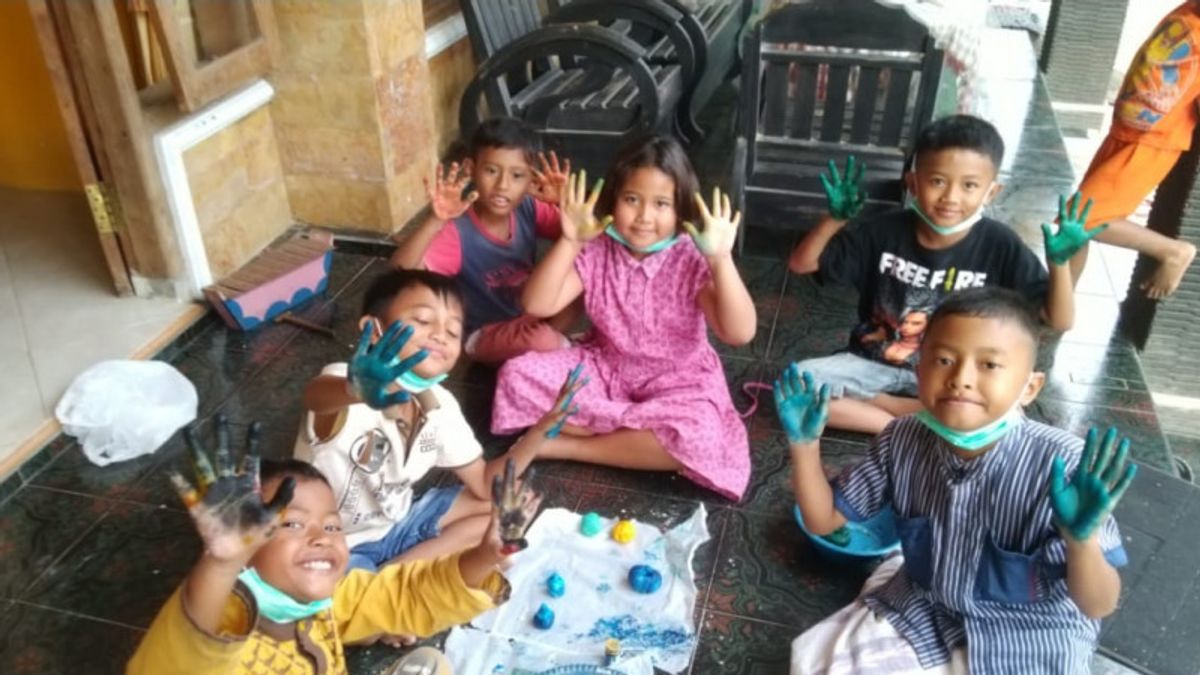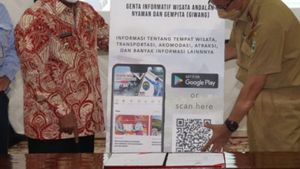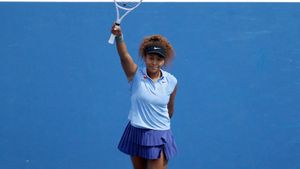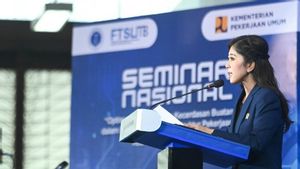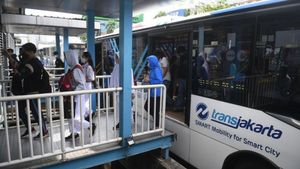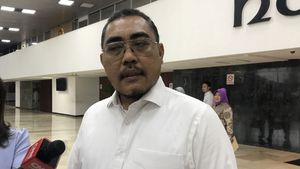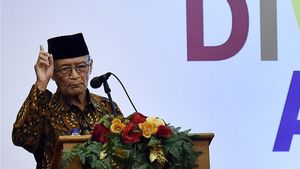JAKARTA – Learning online has apparently changed the character of students in Indonesia. This emerged from the results of research by students from the University of Jember (UNEJ), East Java.
The study stated that the online learning pattern held in various schools so far has changed the character of students. Especially at the basic education level, namely SD (Elementary School) and Madrasah Ibtidaiyah (MI).
"This happens, because when learning online, children not only learn about the subject matter assigned by the teacher, but they also surf the virtual world", said researcher Firratus Saadah in Sumenep, Wednesday, September 1, as quoted by Antara.
This student in the Information Technology Study Program at the Faculty of Computer Science, University of Jember examined the Impact of Online Learning on Students in the Era of the COVID-19 Pandemic.
The object of the research is students in grades III to VI of MI Al-Hidayah in the village of Bragung, District Guluk-Guluk, Sumenep, Madura, East Java.
The research which is the task of the Real Work Lecture (KKN) is carried out by collecting observation data and making observations in the field in addition to direct interviews as support.
"From there, the facts revealed from the students we studied, that a number of children at MI Al-Hidayah have a 'dirty' style of speech after surfing the virtual world", said Vira, Firratus Saadah's nickname, who is a participant in KKN 15 Back to Village. (BTV) III UNEJ 2021.
The research using data collection methods in the form of observations made by seventh-semester students of the Information Technology Study Program, Faculty of Computer Science, UNEJ, then became the basis for the work program for Vira to determine the work program of the KKN program which was held in the village of Bragung, Guluk-Guluk, Sumenep, East Java.
"The work program that was finally determined for the phenomena that occurred to students was in the form of character education learning for children in their environment, with reference to five main values, namely religious, integrity, independence, and mutual cooperation.
"I invite a number of children to make clay flour. This activity is to stimulate children so they can work well together. Children are also invited to watch Disney films and do film reviews. The film provides lessons about tolerance in differences", she said.
This research on the impact of online learning complements the results of research conducted by a student at the University of Yogyakarta named Wening Sekar Kusuma on the Impact of Online Learning on Children's Social-Emotional Behavior.
The difference is, the method used in the previous research in the case study was through interviews with thematic analysis on 10 mothers who had children attending kindergarten in Ngawi district.
By the researchers, as published in the Obsession Journal on campus, the mothers were asked questions through interviews regarding the impact of children's social-emotional behavior during online learning.
As a result, in general, the social-emotional behavior of children during online learning, children tend to be less cooperative because children rarely play together, lack of tolerance, lack of socializing with friends is limited by studying at home, children sometimes feel bored and sad, children feel homesick for friends and teachers and children were also recorded as experiencing verbal violence due to an unusual learning process.
SEE ALSO:
Academics from the State Islamic Institute of Religion (IAIN) Madura Esa Arif AS, MIKom, face-to-face learning online is psychologically different, especially for children and adolescents.
"In face-to-face learning, there is a touch of taste that can be conveyed directly by the teacher to students, but not in online learning", he said.
He explained the results of research from a number of universities, all of which concluded that there are negative impacts that need to be anticipated from the online learning system, especially on the attitudes and emotions of the child.
"Therefore, we hope that this pandemic can end soon so that teaching and learning activities in various schools and universities can return to normal as usual", said the lecturer in Community Science at the Islamic Communication and Broadcasting Study Program, Islamic Faculty of IAIN Madura.*
The English, Chinese, Japanese, Arabic, and French versions are automatically generated by the AI. So there may still be inaccuracies in translating, please always see Indonesian as our main language. (system supported by DigitalSiber.id)
